
“I want to be the blue one, she’s beautiful!
“No, I’m the one with flowers in her tail…”
“…but why, Emma, I called it first…”
“How ‘bout I be the blue horse-woman, and you can be the wine-guy on the donkey?”
“I’m not playing, then.”
“Fine, fine…why don’t you be the horse-girl, and I’ll be the beautiful flying horse mommy who’s taking care of all those baby colts!”
“No wait…I want to be the flying horse…”
And on and on my sister and I would debate, all through the fantastical musical sequence. This little argument would take place every single time we would watch the “Pastoral Symphony” sequence in Disney’s Fantasia (1940):
Fantasia, Beethoven’s “Pastoral Symphony”
At a time when anything and everything colorful and sparkly caught our eye, it’s easy to see why a sequence involving baby cherubs, flying horses, lightning-hurling gods, and centaurs would demand our rapt attention (who am I kidding…colorful and sparkly things still catch my eye). Though I may not have recognized it for what it was(I didn’t know the drunk guy on the donkey represented the wine god Dionysus, didn’t know that the “horse people” were actually mythological creatures called centaurs, didn’t know that they “flying horses” were spinoffs of Pegasus), this Disney-commandeered version of Greek and Roman mythology may very well have been my first exposure to Greece and Greek culture.
Soon after, my best friends, sister and I were captivated by another Disney version of a Greek classic: HER-CU-LES!!! Here’s one of my favorite songs:
Granted, the religious hybridizations in the movie Hercules could be the topic of whole other conversations…so I’m just going to table that analysis in my post for now. But I know you all remember the movie; don’t be afraid to sing along 😉
I feel like there is something about learning in the form of stories that enables kids to become (and to stay!) enthralled with culture. Similar to Alyssa, my “Greek exposures” were almost always through the lens of mythology, which I think helped me to develop a sustained interest in culture in the long run.
In summation: my first exposure to Greece? The stories…those ancient stories that are still represented and held dear by so much of the world. I feel incredibly lucky that I get to go and tangibly experience the place where these mythologies originated. And that’s the “Gospel Truth!” haaa.
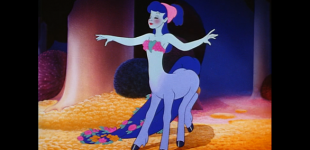

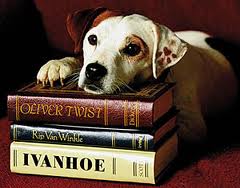
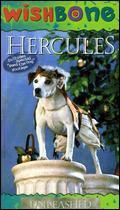
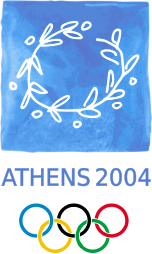
 I suppose when you are asked to
I suppose when you are asked to 
 ing Greek is many things but let us start from the beginning: it means that your ancestors (I won’t go as far as to say my great -great grandparents) were
ing Greek is many things but let us start from the beginning: it means that your ancestors (I won’t go as far as to say my great -great grandparents) were
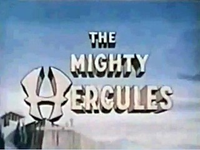 Although all of us would be unwise to trust our memories as the basis for an accurate portrait of things past, if you were to ask me how I first learned about a place called Greece, and what that all signified for me, I’d have to say it was
Although all of us would be unwise to trust our memories as the basis for an accurate portrait of things past, if you were to ask me how I first learned about a place called Greece, and what that all signified for me, I’d have to say it was  I’m not sure whether it was his hands-on-hips and broad-shouldered, can-do stance, his Superman-like black hair (a little long in the back–it was the 1960s, after all), his centaur sidekick, Newton (who, for some puzzling reason, always repeated everything and, even as a child, struck me as a little dense), or his magical ring and that that big, matching belt buckle, but whatever it was, it stuck with me. I can still hear not only his shout of “Olympia…” as he would leap (or better, fly, though he didn’t have a cape, which made him all the more intriguing) into action but also that catchy theme song, (sung by the pop singer
I’m not sure whether it was his hands-on-hips and broad-shouldered, can-do stance, his Superman-like black hair (a little long in the back–it was the 1960s, after all), his centaur sidekick, Newton (who, for some puzzling reason, always repeated everything and, even as a child, struck me as a little dense), or his magical ring and that that big, matching belt buckle, but whatever it was, it stuck with me. I can still hear not only his shout of “Olympia…” as he would leap (or better, fly, though he didn’t have a cape, which made him all the more intriguing) into action but also that catchy theme song, (sung by the pop singer